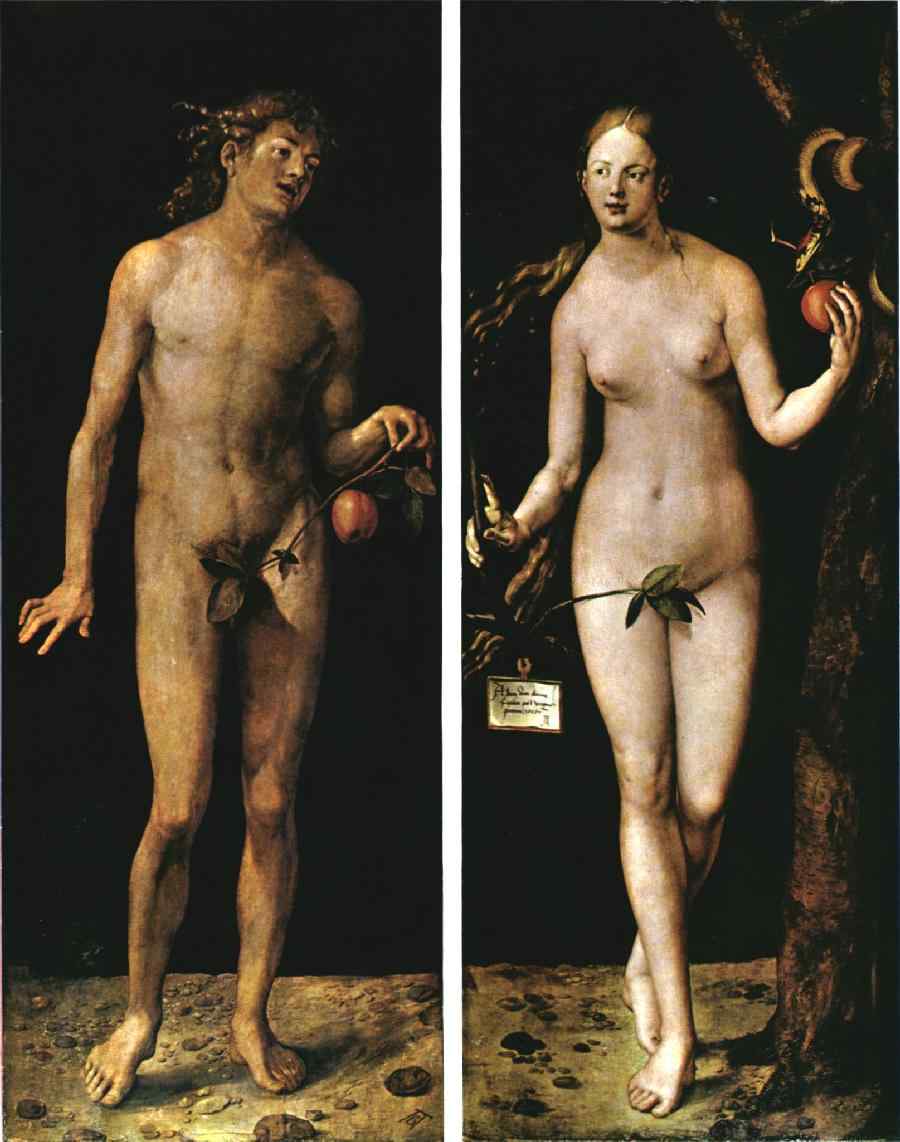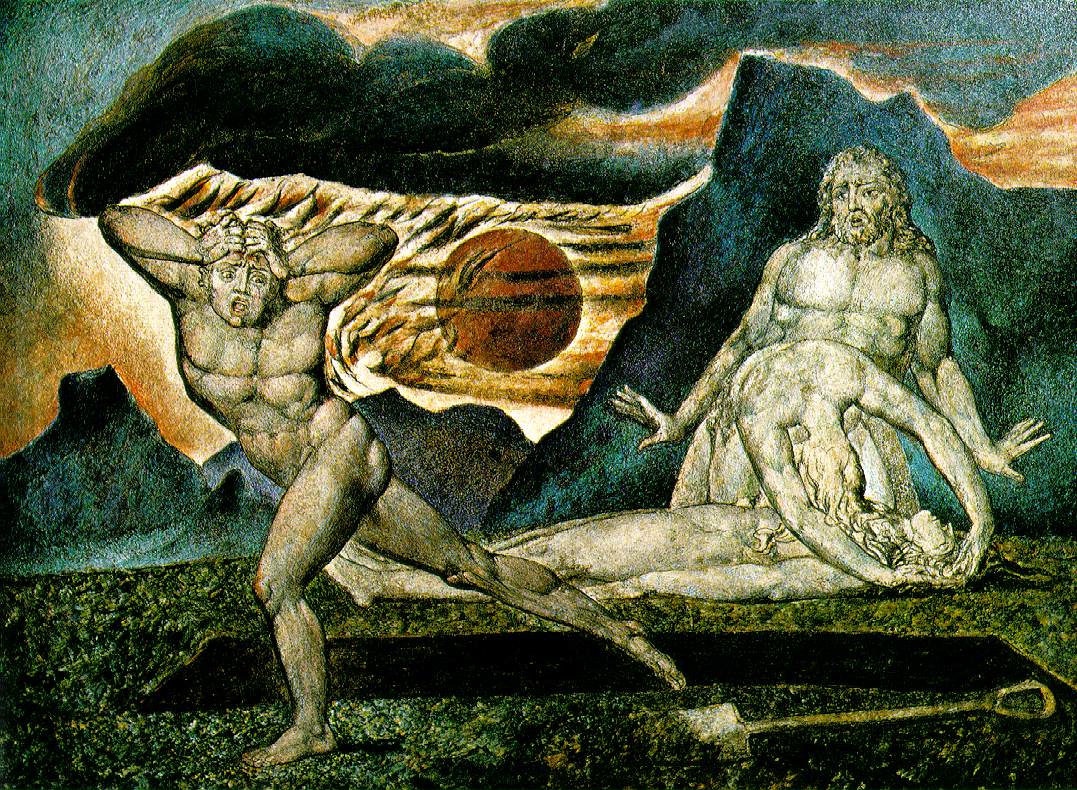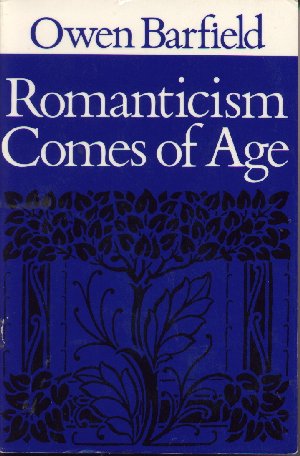|



|
Barfield's understanding
of the Fall departs from the received myth. "Man did not fall from Nature,
or a state of nature," Barfield writes, "but Nature fell with him. I believe
it is the case that all the known forms of the Paradise Myth represent
Nature as implicated in the fall of man from his paradisal state. They
all contain or imply a kind of magical sympathy between Man and Nature
which made this inevitable" (RCA 207-208).
Drawing on the teachings
of Anthroposophy (in "The Fall in Man
and Nature"), he finds the story of the fall the key chapter in the evolution
of consciousness:
On the occasion
of the Fall . . .
Lucifer induced man to begin
hiding and hoarding his inner life, and to take pride in it--as a 'room
of one's own"--making it into something separate and detached alike from
its own outward manifestation (nature) and the inner world of spirit-beings.
In the inner-life: instead of the old "being filled with Spirit-Beings"--Egotism.
In the outer life: instead of the old experiencing of nature as one's own
manifestation--a complete falling-apart of Man and Nature. Man is now started
on the long road which ends in his present normal relation to nature, wherein
nature is not merely his own outward manifestation, nor that of the higher
Spiritual Beings who shine through him; wherein nature is not a manifestation
at all, but an object--a finished work. (RCA 213-14)
The Fall is not forever.
Indeed Barfield remains convinced that "on the farther side of the barrier"--the
division between subject and object, mind/matter--"paradise is still actual,
but only as the divine substance of 'life' itself, including biological
life and thus also unconscious mind. But seen from this side it has become
the wilderness, the selva obscura full of strange and menacing beasts"
(RM 96).1
| See in particular
"The Fall in Man and Nature" (RCA 205-222). |
1Careful
to avoid misunderstanding of his concept of the Fall, Barfield has Burgeon
refute in advance (in
Unancestral Voice) one possible error:
The Fall was a fall into evil. If I say
it was also a fall into matter, then I am saying that matter is evil. That
is the argument, isn't it? But surely it is a fallacy. Suppose there is
water in a cistern, you can't fall into the cistern without falling into
the water; and because it is that particular bit of water you happen to
be falling into, and no other, you can't fall into the water without falling
into the cistern. Does it follow that the water is the cistern? (91)
|
|


